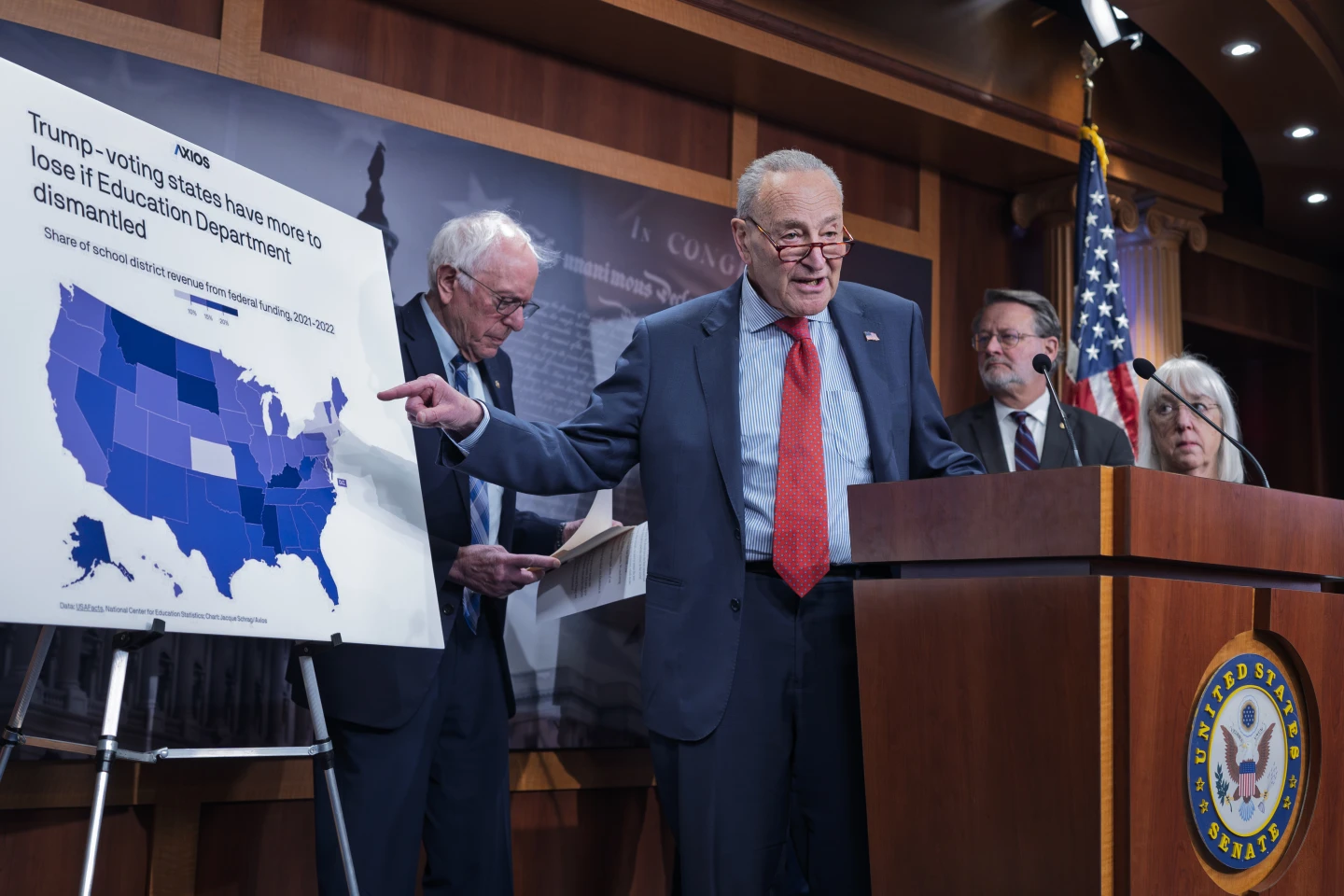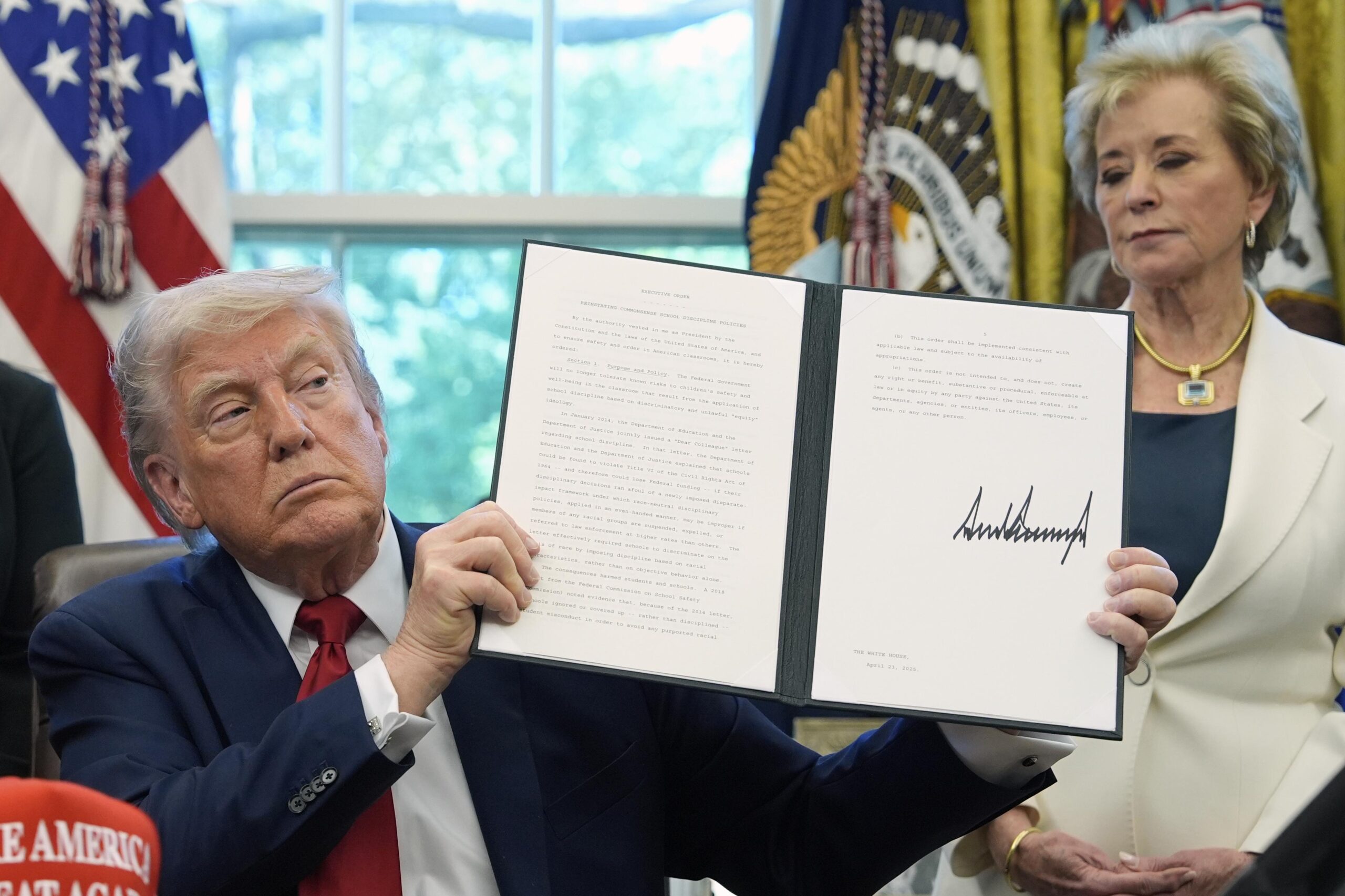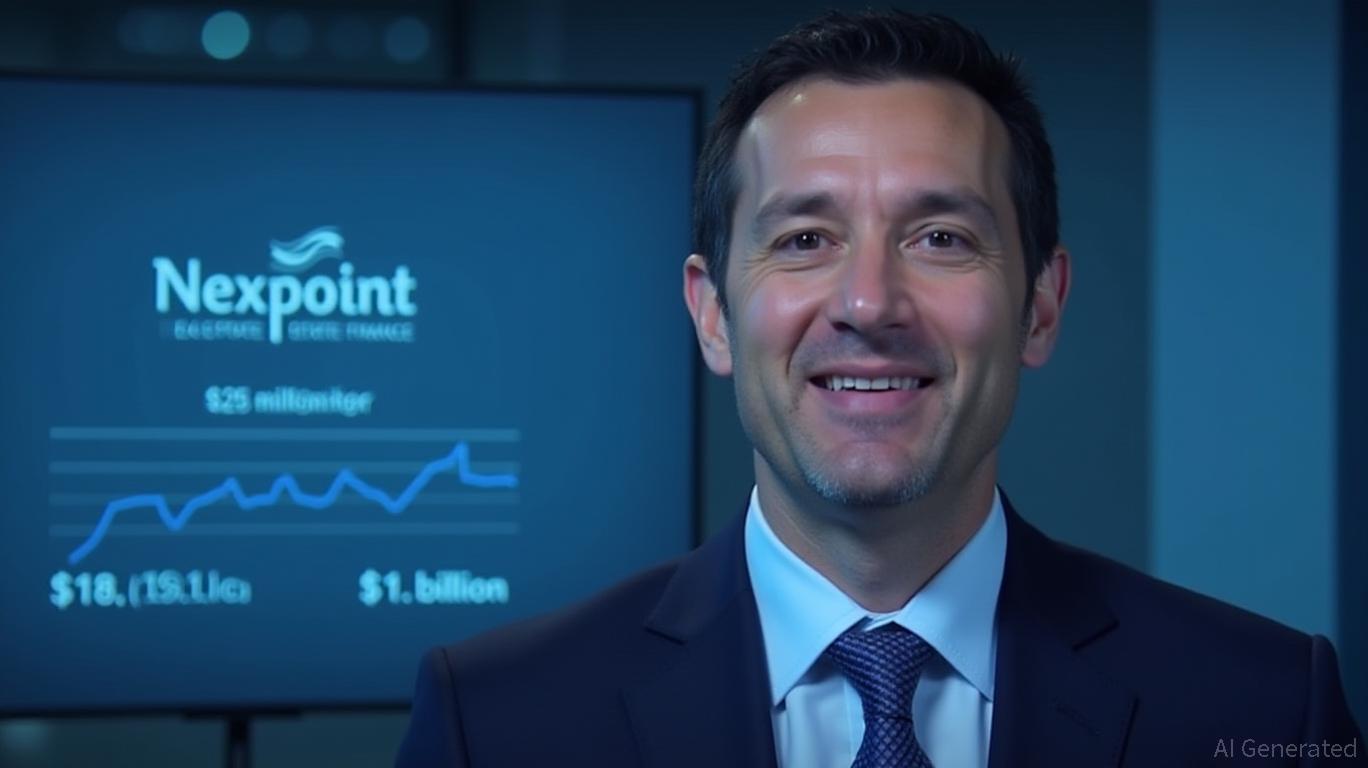
The landscape of American education is experiencing a significant shift, with leading voices advocating for profound reforms in how education policy is administered at the federal level. At the forefront of this movement is the U.S. Education Secretary, whose recent statements have sparked widespread debate among educators, policymakers, and stakeholders across the country.
Understanding the Rationale Behind the Dismantling Proposal
The proposal to dismantle the federal Department of Education is fueled by a diverse set of motivations. Critics argue that the current federal structure imposes one-size-fits-all policies that undermine local control and innovation in education. They emphasize that education policy should be tailored to regional needs, cultural contexts, and community values rather than dictated from Washington D.C.
The core reasons cited by supporters of dismantling the department include:
- Reducing Bureaucracy: Many believe that the federal department has become overly bureaucratic, creating inefficiencies and delayed decision-making processes that hinder swift policy responses.
- Encouraging Local Control: Advocates argue that local school districts are better equipped to understand and address their unique challenges, and federal involvement limits their autonomy.
- Fostering Innovation: Decentralizing education governance could incentivize innovation at the local level, promoting diverse approaches and experimentation.
- Cost-Effectiveness: Critics question whether the federal department is an efficient use of taxpayer funds and suggest that its functions could be redistributed or outsourced more effectively.
The Perspective of the U.S. Education Chief
The U.S. education chief has publicly endorsed the plan, emphasizing that the move aligns with the broader goal of restoring state and local control over education. According to recent reports from The Arkansas Democrat-Gazette, the education chief highlights potential benefits of such a restructuring:
- Empowering States and Local Communities: The chief believes that education policies should be driven by those who directly impact students—the teachers, parents, and administrators within local districts.
- Reducing Federal Overreach: The emphasis is on shifting power away from federal agencies to prevent overregulation and politicization of educational content and standards.
- Enhancing Flexibility: Devolved authority could allow states and districts to respond more effectively to emerging challenges, such as technological integration, mental health issues, and academic disparities.
Controversies and Concerns Surrounding the Proposal
Despite its advocates’ enthusiasm, the proposal to dismantle the federal Department of Education faces significant opposition. Critics warn about potential risks such as increased disparities, inconsistency in educational standards, and the loss of federal support for vulnerable student populations.
Key concerns include:
- Equity and Access: Without federal oversight, marginalized groups—such as students with disabilities and those from low-income backgrounds—might receive less equitable support.
- Standards and Accountability: Federal standards ensure a baseline level of quality across states. Their removal could lead to a fragmented system with variable outcomes.
- Funding and Resources: Federal funding often supports programs for disadvantaged students. Dismantling the department raises questions about how these vital resources will be managed and distributed.
- Transition Challenges: A sudden dismantling could disrupt ongoing initiatives, lead to legal uncertainties, and create administrative chaos during the transition period.
The Future of Education Policy in the U.S.
The debate over federal versus local control of education is not new, but recent developments suggest a potential paradigm shift. Supporters of dismantling the department envision a future where individual states and communities craft their educational policies free from federal interference, fostering diversity and innovation.
Opponents, however, argue that federal standards and oversight are essential for maintaining equity and holding institutions accountable. They emphasize that while decentralization might enhance local responsiveness, it also necessitates robust mechanisms to prevent disparities and ensure all students have access to quality education.
Possible Next Steps
- Legislative Action: The proposal may require congressional approval, involving complex negotiations around budget reallocation, legal reforms, and transitional frameworks.
- Gradual Devolution: Instead of immediate dismantling, a phased approach might be implemented, allowing for pilot programs, stakeholder feedback, and adjustments.
- Enhanced Decentralization without Dismantling: Policymakers may explore strategies to empower states and districts within the existing federal framework rather than abolishing the department entirely.
Conclusion
The support for dismantling the federal Department of Education represents a significant philosophical shift in American education policy—one that emphasizes local control, efficiency, and innovation. While the move has promising potential benefits, it also raises crucial questions about equity, standards, and resource distribution. As the debate continues, stakeholders must carefully weigh these factors to craft a future education system that is both responsive and equitable for all students.
For more updated news please keep visiting Prime News World.








